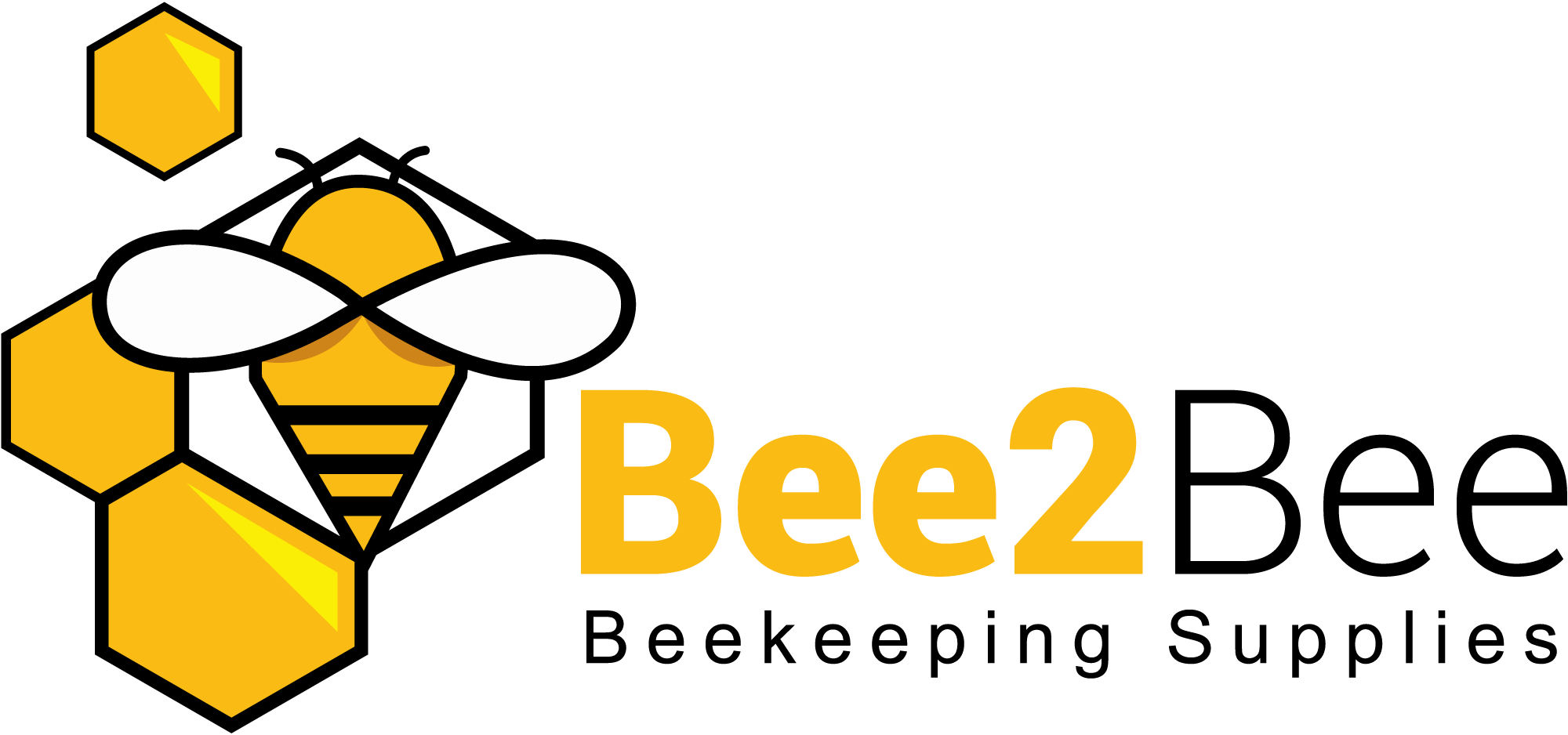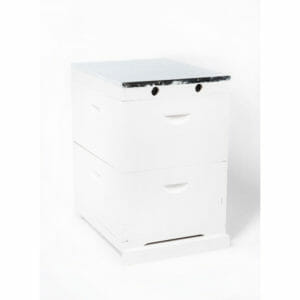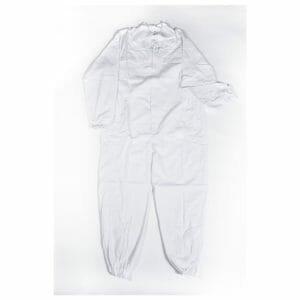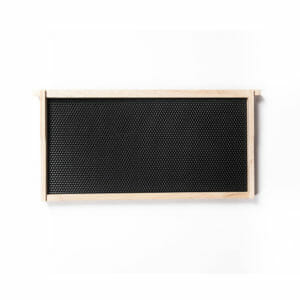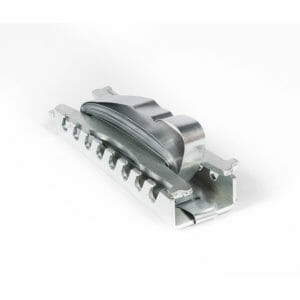Winter for beekeepers is one of the most crucial seasons, it’s either you make it or break it for the bloom of spring! As the climate continues to drop, you’ll see a decline in bee activity from the outside. Bee’s thrive in warmer climates, that is why they are at their busiest during summer. This also involves the availability of natural resources such as nectar and pollen. However, we are lucky that some of us live in a region where these can be available even though it’s winter. There are a few things that can cause winter failure, but they can be avoided.
Here are a few things that can go wrong and how can they be avoided:
Starvation
This is the most common problem that causes winter failure, especially for new beekeepers. Starvation is caused due to the lack of honey and pollen stores in the hive. This can be caused by the lack of natural resources for the bees and by poor honey harvesting methods. Beginners are usually unaware of the changes in bee activities during winter, which leads to them harvesting too much honey by autumn. Bees need at least 45 to 63 kgs of honey or 10 frames worth of honey. Having too much is better than not enough, that’s why the more honey you leave, the better.
If you reckon that your bees’ food stores wouldn’t be enough, it is a good idea to keep them fed throughout winter. If they lack honey, you can feed them 1:1 sugar/water mixture to substitute the lack of honey. Meanwhile, if they lack pollen, you can purchase pollen and pollen supplements. Additionally, it is recommended that you feed the bees internally. Use either a top feeder or a feeder frame. This will help avoid any chances of robbing or invasion of other species.
Predators
Many animals will try and seek shelter to survive through winter. This includes wasps, mice, spiders, birds and many other small insects that would seek warmth during extreme cold weather. Most of these predators will not only consume the honey but will also eat the bees.
Invasion of wasps can easily take down a hive, especially if the colony is already weak. Wasps usually do not survive over winter as their queen will hibernate, which is why most of them will seek to invade beehives for their survival.
To avoid any invasion, it is recommended that you install an entrance reducer or make the entrance smaller. This will allow the bees to defend themselves as they are the only ones that can fit.
Queen Failure
An old or failing queen may find it difficult to survive through winter for many reasons. Winter is difficult for the bees due to their cold-blooded nature. Queen bee’s who are in their second full season only have 50% of success in winter. In contrast, a colony with a young and strong queen has a guaranteed chance to lead their hive to a strong survival through winter and thrive through spring.
It is recommended that you requeen just before winter to avoid experiencing queen failure during winter. Additionally, this shows the importance of tracking your queen’s performance and birth date. Queen marking is also essential to track how old the queen is!
Infestation of pests and diseases
Sadly for bees, there are a lot of pests and diseases that can eradicate and make them weak. This is why it’s recommended to conduct a full, thorough inspection before winter to help you avoid any severe damages over time. Common pests in Australia include the wax moth, SHB and ants. There are many ways to avoid the infestation of these pests which we have discussed here.
Furthermore, nosema and brood diseases such as foulbrood and chalkbrood pose another challenge if it was not diagnosed early. Diseases should be solved before winter as it would be harder to manage and salvage given the changes in temperature. If not resolved, it could result in your colony’s demise.

Winter is a difficult time for the bees, that is why it is up to us, beekeepers, to help their survival! What have you done so far to help your bees to get through winter?
Interested in buying beekeeping tools and equipment in bulk and discounted price? For personalised advice on products and tips for beehive management, give us a call on 0488 010 840 or get in touch via email at [email protected]. Shop online here (free shipping for orders over $300)!
